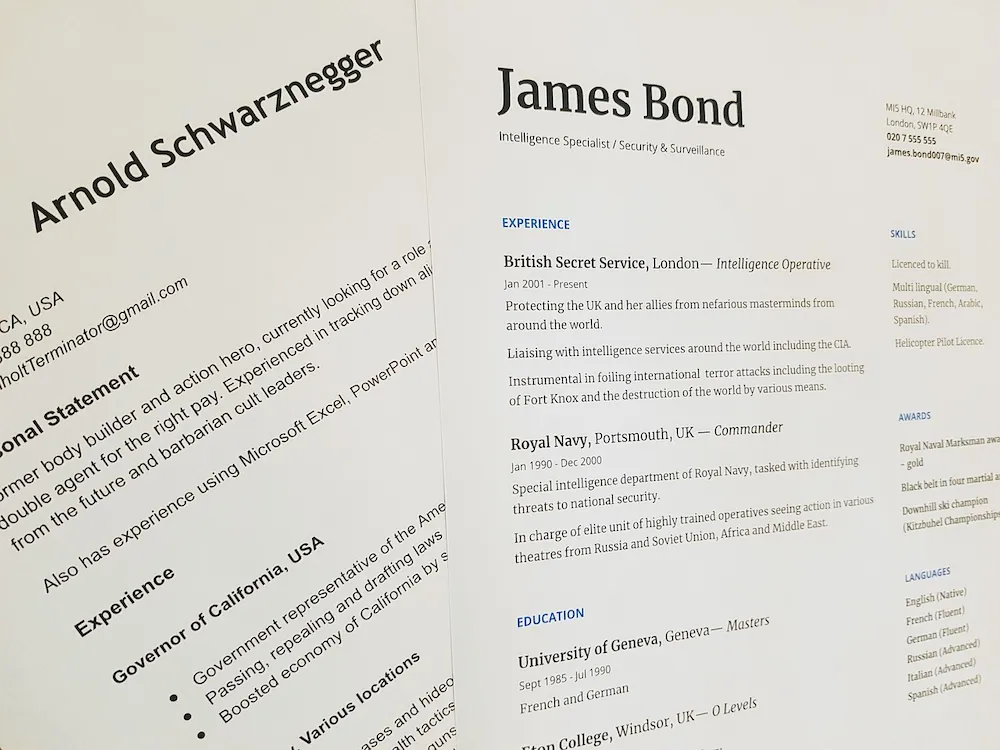Hiring the right candidate is one of the most critical decisions a recruiter or hiring manager can make. A great job interview question can mean the difference between discovering a hidden gem and missing out on top talent. But what exactly makes a question "great"? How do you craft questions that go beyond surface-level answers and reveal the skills, mindset, and potential of your candidates?
In this blog post, we’ll explore what separates effective interview questions from mediocre ones, share practical tips to improve your questioning strategy, and highlight how tools like CandiScreen can optimise your candidate screening process.
Why Do Great Questions Matter?
The quality of your interview questions directly impacts the quality of your hiring decisions. Poorly designed questions can lead to vague answers, misinterpretations, or even bias in the hiring process. On the other hand, well-thought-out questions:
- Reveal True Competencies: They provide insights into a candidate’s skills, experience, and problem-solving abilities.
- Encourage Authenticity: Great questions allow candidates to showcase their personality and values, helping you assess cultural fit.
- Save Time: By asking the right questions, you can quickly filter out unsuitable candidates and focus on top-tier talent.
But crafting these questions isn’t always easy. Let’s break down what makes a job interview question truly effective.
Key Elements of a Great Job Interview Question
1️⃣ Clarity and Purpose
Every question you ask should have a clear purpose. Avoid overly complex or ambiguous questions that might confuse candidates. Instead, focus on questions that align with the role’s requirements and your company’s goals.
For example:
- Weak Question: “Tell me about yourself.” (Too broad and often leads to rehearsed answers.)
- Strong Question: “Can you describe a recent project where you had to overcome a significant challenge? What was your approach?”
The latter is specific, encourages storytelling, and directly relates to problem-solving skills.
2️⃣ Focus on Behavioural and Situational Insights
Behavioural and situational questions are some of the most effective tools in your arsenal. They help you understand how candidates have acted in the past or how they might handle future scenarios.
Examples of behavioural questions:
- “Can you share an example of a time you had to work under tight deadlines?”
- “How have you handled conflicts within a team in the past?”
Examples of situational questions:
- “If you were assigned a project with limited resources, how would you prioritise tasks?”
- “How would you respond if a client rejected your proposal?”
These types of questions provide deeper insights into a candidate’s decision-making process, adaptability, and interpersonal skills.
3️⃣ Encourage Problem-Solving and Critical Thinking
To assess a candidate’s ability to think on their feet, include questions that require problem-solving or critical thinking. These questions should be relevant to the role and designed to test how candidates approach challenges.
For example:
- “Imagine you’re leading a team that’s falling behind on a project deadline. What steps would you take to get back on track?”
- “How would you improve a process that you feel is inefficient?”
Such questions not only test technical skills but also reveal creativity, leadership potential, and resilience.
4️⃣ Avoid Bias and Promote Fairness
Great interview questions are objective and inclusive. Avoid questions that could unintentionally introduce bias or make candidates uncomfortable. For instance, steer clear of personal questions unrelated to the job, such as those about family, age, or personal beliefs.
Instead, focus on job-related scenarios and skills. Additionally, standardising your questions across all candidates can help ensure a fairer evaluation process.
5️⃣ Test for Cultural Fit Without Leading
Cultural fit is important, but it’s equally important to avoid leading questions that prompt candidates to tell you what they think you want to hear. Instead, ask open-ended questions like:
- “What type of work environment helps you thrive?”
- “Can you describe a time when you felt particularly aligned with your team’s values?”
These questions allow candidates to share their genuine preferences and experiences, giving you a clearer picture of their compatibility with your organisation.
How CandiScreen Can Help
Crafting and managing great interview questions can be time-consuming, but platforms like CandiScreen make the process easier and more effective. With features like AI-generated question suggestions and automated candidate assessments, CandiScreen helps recruiters and hiring managers save time while ensuring quality.
Here’s how CandiScreen can transform your hiring process:
- Quick Setup: Create job postings and assessments in under 5 minutes, using either custom or AI-suggested questions.
- AI-Driven Insights: Analyse candidate responses for patterns, effort, and quality, offering transparent analytics like trust scores and engagement signals.
- Clear Recommendations: Instantly identify top candidates with clear pass/fail recommendations.
By leveraging tools like CandiScreen, you can focus on what matters most: finding the right talent for your team.
Final Thoughts: Crafting Questions That Work
Great job interview questions are clear, purposeful, and designed to reveal a candidate’s true potential. By focusing on behavioural insights, critical thinking, and fairness, you can make smarter hiring decisions and build stronger teams.
What’s your go-to interview question that always sparks meaningful conversations? Share your thoughts in the comments below!
Ready to take your hiring process to the next level? Get started with CandiScreen for free today.

